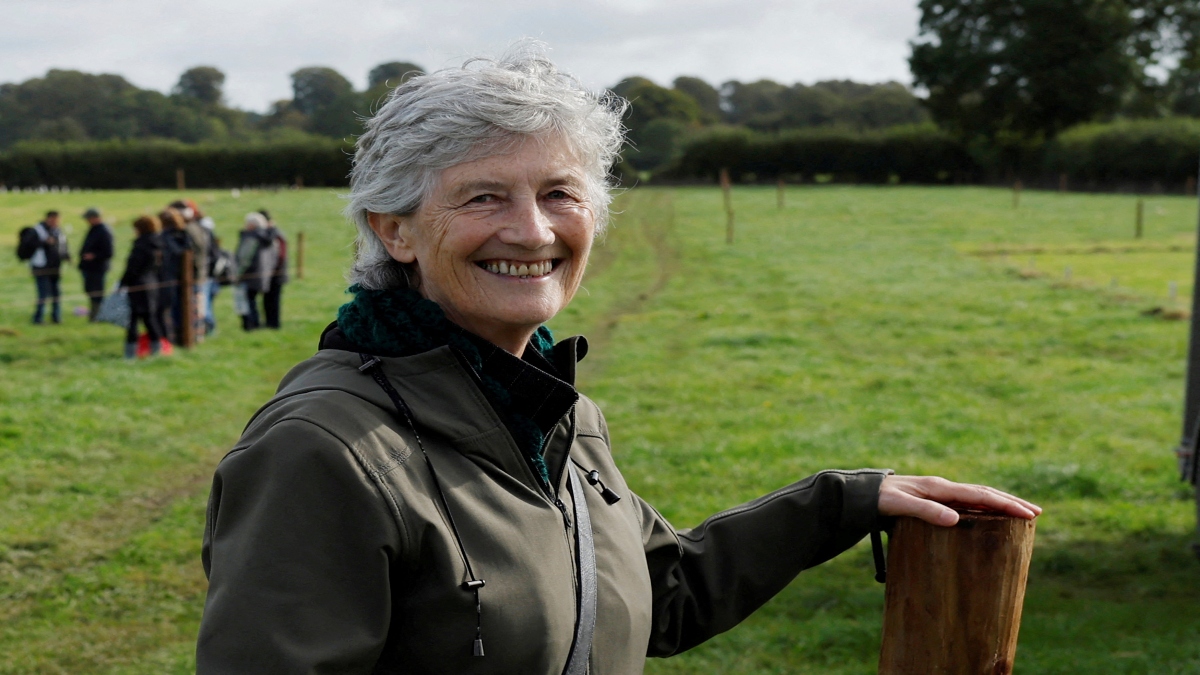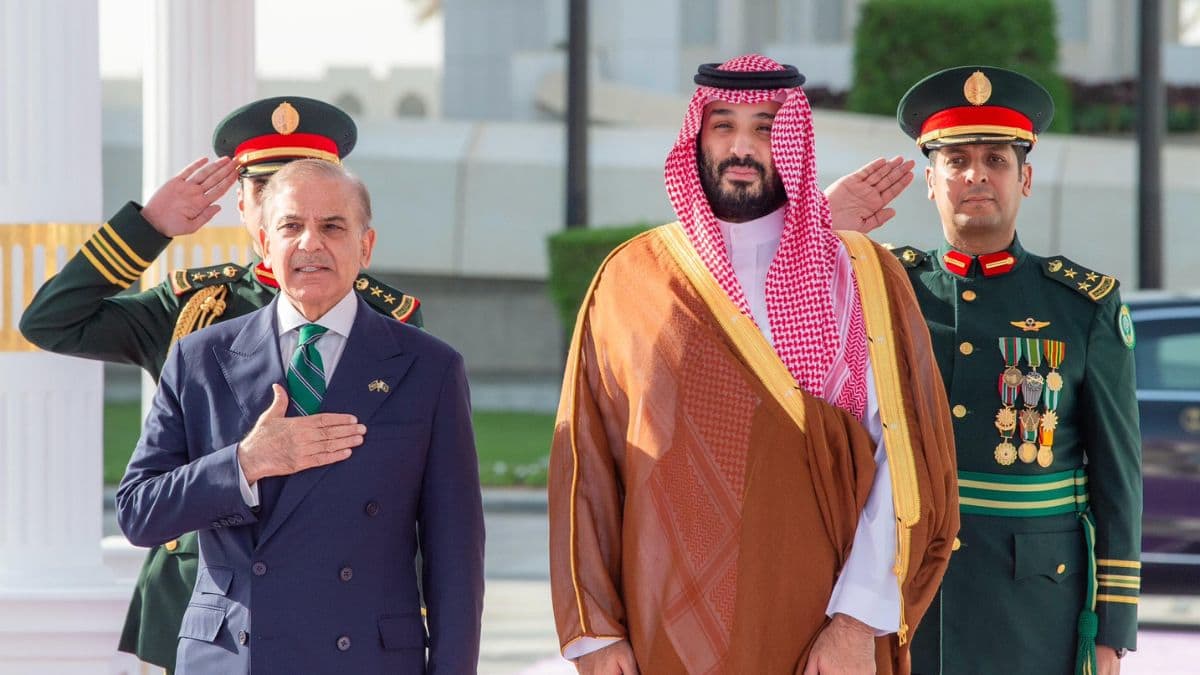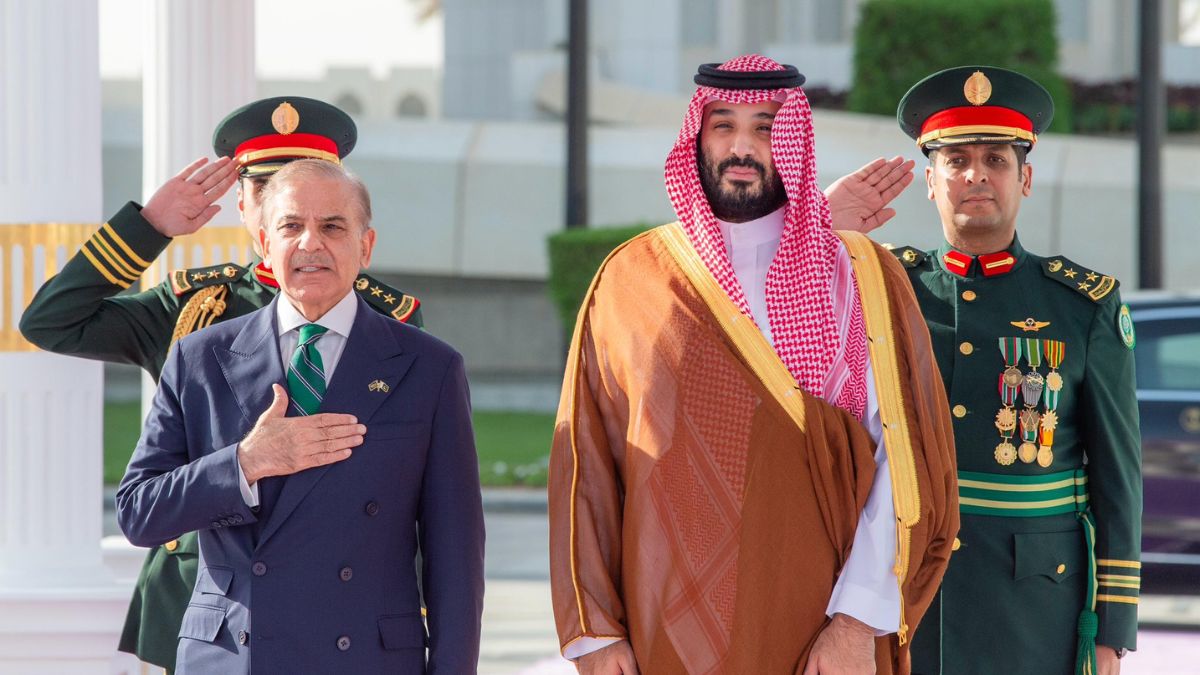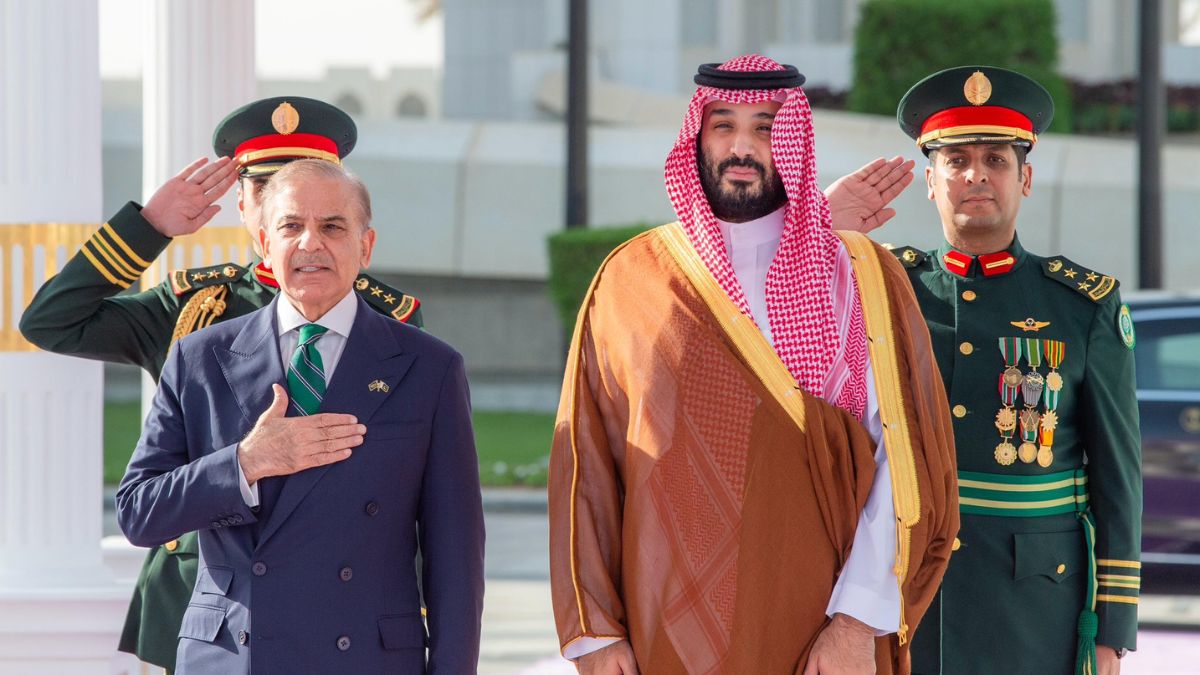As right-wing and far-right movements surge across Europe, Ireland appears poised to move in the opposite direction, with hard-left independent Catherine Connolly on course to win the presidency in Friday’s election.
According to a Financial Times report, the 68-year-old legislator, known for her staunch defence of Irish neutrality and outspoken criticism of Western foreign policy, is leading comfortably in the polls — signaling a potential rebuke to Ireland’s century-old political establishment dominated by Fianna Fáil and Fine Gael.
Connolly, a former barrister and clinical psychologist, has made waves with her criticism of the EU’s response to Russia’s invasion of Ukraine, accusing the bloc of having “lost its moral compass” and likening German military spending to the 1930s.
She has also called the US, UK and France “untrustworthy” over their handling of the Gaza conflict, added the report.
According to the latest Irish Independent/Ireland Thinks poll, Connolly holds 40% support, compared with 25% for her main rival, Heather Humphreys, a centre-right former minister representing Fine Gael.
About 28% of voters remain undecided or intend to abstain.
Connolly’s popularity among younger voters has been amplified by a savvy online campaign, including a viral video showcasing her football skills.
Her rise comes with the backing of Sinn Féin and other left-wing parties, which opted not to field their own candidate. Sinn Féin, riding high in national polls, has called its support a “game-changer.”
Impact Shorts
More ShortsYet analysts caution against viewing the contest as a clear sign of a broader leftist wave.
“The left have united around her but this is a second-order election. It doesn’t necessarily translate [to a general election],” FT quoted Gail McElroy, political science professor at Trinity College Dublin, as saying.
Connolly’s campaign has also faced scrutiny over past controversies — including a 2018 “fact-finding” visit to Assad-era Syria, her hiring of a dissident republican once convicted of gun crimes, and her work representing banks during Ireland’s foreclosure crisis. Nonetheless, she has maintained composure throughout, reinforcing her image as a steady, principled outsider.
Humphreys, 62, has struggled to overcome voter frustration with her party’s long tenure in government and its failure to tackle the housing crisis. A Red C poll found that even 18% of Fine Gael voters plan to back Connolly.
The race narrowed after Fianna Fáil candidate Jim Gavin withdrew amid a financial scandal, though his name remains on the ballot and could draw up to 10% of the vote.
The debacle has weakened Taoiseach Micheál Martin, with analysts viewing it as “part of the long road to the end of Martin’s leadership,” according to Theresa Reidy of University College Cork.
While a Connolly victory would symbolise a dramatic leftward shift, her powers as president would remain largely ceremonial. “A lot of the youthful vote might be disappointed by how weak [Connolly] is inevitably going to be,” McElroy said.
The official election result is expected on Saturday, even as Europe elsewhere drifts rightward— with far-right parties gaining momentum in France, Italy, Germany, and the Netherlands.
Ireland’s apparent move in the opposite direction highlights its unique political trajectory within an increasingly polarised continent.
With inputs from agencies


)

)
)
)
)
)
)
)
)



